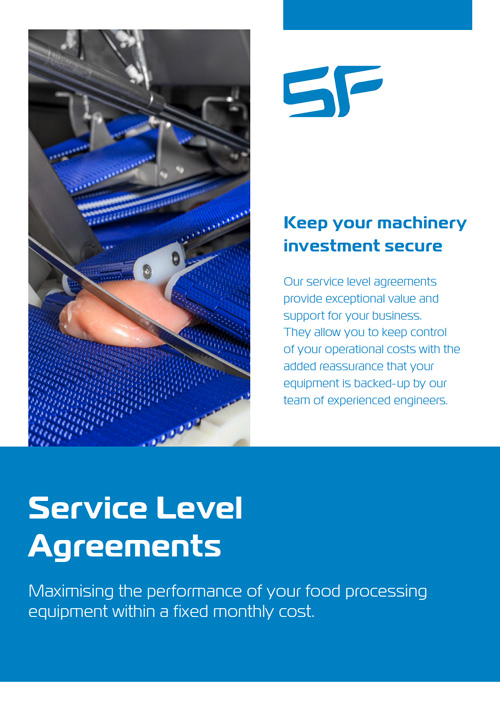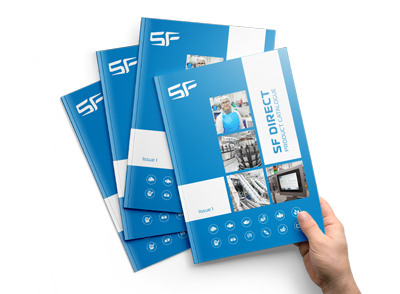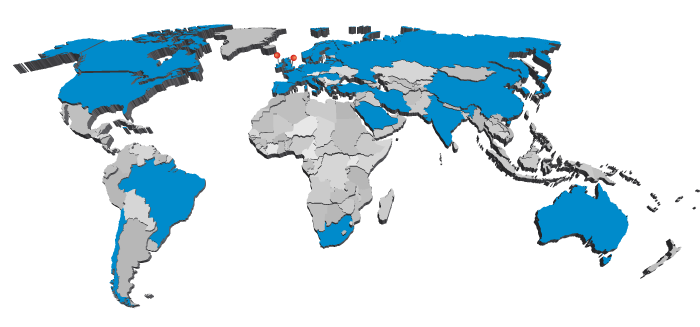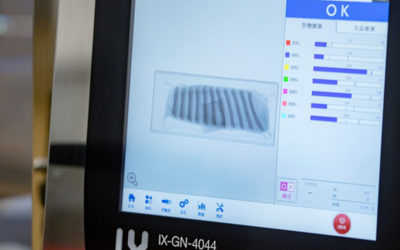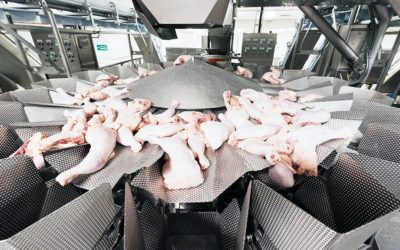Improving Environmental, Social, and Economic Sustainability in Food Production
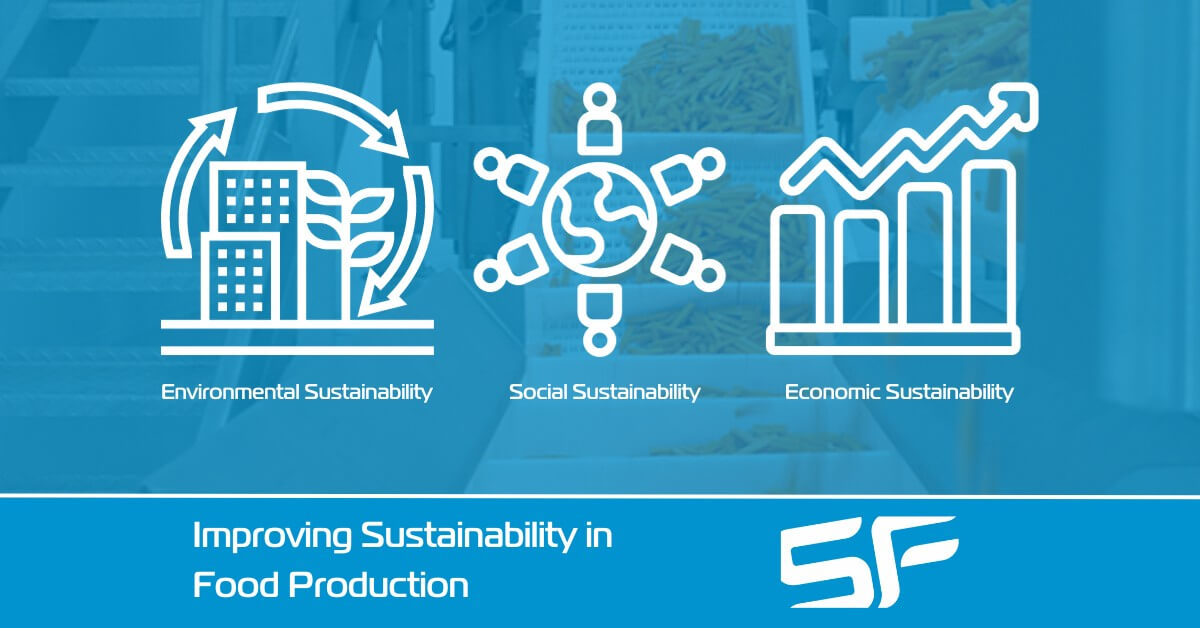
It is common to consider environmental issues when thinking about sustainability. The environment is, certainly, a critical component of sustainability in the food manufacturing sector, but there are two other components that also fall under the sustainability umbrella – social sustainability and economic sustainability.
At SF Engineering, we believe advanced production line solutions, automated manufacturing processes, and increased digitalisation can have a significant and positive impact on all three of these essential pillars of sustainability.
The Influence of Automation on Sustainability in Food Processing
The ways that advanced production line solutions, automated manufacturing processes, and increased digitalisation can influence sustainability in food processing include:
- Environmental Sustainability: reducing the environmental footprint of every meal served at every dinner table, on every lunch break, and at every breakfast bar by reducing waste, water use, energy, and plastic packaging during food production, while improving product quality.
- Social Sustainability: positively influencing the impact of food production on society through business operations becoming more transparent, improvements in employee wellbeing, and the availability of new career opportunities, at the same time as food manufacturing companies becoming more embedded in their local communities.
- Economic Sustainability: ensuring the profitability and viability of food manufacturing companies by mitigating risks, facilitating innovation, and improving business resilience at the same time as providing high-quality, rewarding jobs.
Examples of the Three Pillars of Sustainability in Food Processing
There are many examples of how automation and advanced production line solutions improve sustainability in the food processing industry. We are going to highlight just one for each of the three sustainability pillars:
Environmental Sustainability – Water Use in Cleaning
Reducing the water that is required to clean food manufacturing equipment improves the environmental sustainability of food manufacturing operations. Water can be reduced through open designs that facilitate cleaning access and features that prevent the build-up of waste material and make surfaces and components easier to clean.
Reducing the amount of water that is needed to clean food manufacturing equipment also reduces the energy that is required to heat the water to a suitable cleaning temperature. Fewer cleaning chemicals are needed, and less wastewater is produced, so less wastewater needs to be treated and/or disposed of.
Social Sustainability – Improved Working Conditions for Employees
Inefficient food production processes and environments can be stressful for operators. Poor production processes can also put their physical health and safety at risk if workstations are badly designed or excessive amounts of manual lifting are required.
Advanced production line solutions that increase automation enhance control and improve the ergonomics of operator workstations. The overall working environment becomes calmer, allowing employees to achieve more in safer, more pleasant, and more rewarding working conditions.
Economic Sustainability – Strengthening Market Positions
Competition in the food processing industry is getting stronger while the demands of customers continuously evolve. The latter applies from individual consumers through to the largest supermarket and restaurant chains that continuously seek improvements in quality, consistency, and food production innovation.
Automated food manufacturing processes using advanced technologies improve product quality and consistency while making food production more efficient. They also facilitate innovation, helping food processors meet and exceed the expectations of their customers.
Continuing Exploration of Sustainability in the Food Processing Industry
This blog is the first in a series of blogs and other content that will be published on the SF Engineering website over the coming weeks and months on the topic of sustainability. It is a topic that is central to everything that we do as a company. This applies internally as a business, and in the impact that we have on sustainability in the wider industry through the solutions we design, the technologies we utilise, and the engineering innovations we develop.
To find out how SF Engineering can make your food processing operations more sustainable, efficient, resilient, and profitable, get in touch with us today.
